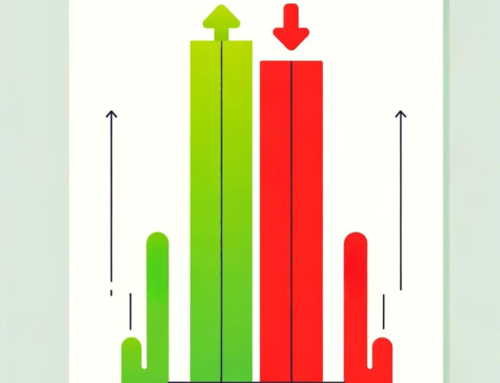An alarming trend is sweeping across America: people are increasingly relying on credit cards to pay for basic goods. This shift is becoming necessary, driven by inflation, severely stretching household budgets.
Surveys from organizations like debt.com show that nearly half of Americans blame rising inflation and prices for their growing dependency on credit cards, which they use for emergencies and everyday needs.
A significant portion of the population faces daunting debt levels; about 22% owe between $10,000 and $20,000, and another 5% have debts exceeding $30,000.
For public affairs professionals, these economic conditions provide a critical perspective for shaping legislative and regulatory messaging.

Empathy and Relevance
The messaging should recognize the financial struggles families are enduring. Public affairs messages should connect more deeply by showing empathy for these challenges, making legislative/regulatory solutions appear more relevant. Proposals should clearly demonstrate how they will alleviate economic pressures for those burdened by inflation and debt.
Transparency and Clarity
Building trust starts with transparency. Clearly explaining the financial details of the proposed legislation/regulation, including how funds will be used and the expected outcomes, can clarify government actions and build trust. Making complex budgetary information easy to understand helps the public see your client as a partner in addressing their issues.
Economic Education
Educating the public about the economic principles behind policies can boost their understanding and support. For instance, explaining how specific policies provide economic relief can help individuals see the direct benefits to their financial situations.
Highlight Long-Term Benefits
Although immediate costs are often criticized, it is vital to highlight the long-term benefits of investments in infrastructure or education that can show their value as investments in future stability, economic relief, and prosperity.
Direct Engagement and Dialogue
Engaging directly with the public through town halls, surveys, and social media can provide valuable feedback and show a real commitment to addressing public concerns. Use the feedback from the comments in your social posts or surveys to refine and improve communication strategies.
As people struggle with inflation and other economic stressors, clear and caring communication from public affairs professionals is crucial. By focusing on these strategic areas, public affairs professionals can better tailor their messages to the realities of the people they serve, paving the way for more informed, engaged, and financially secure constituents.





